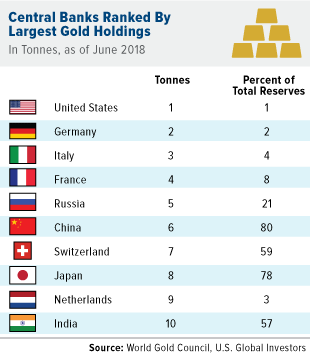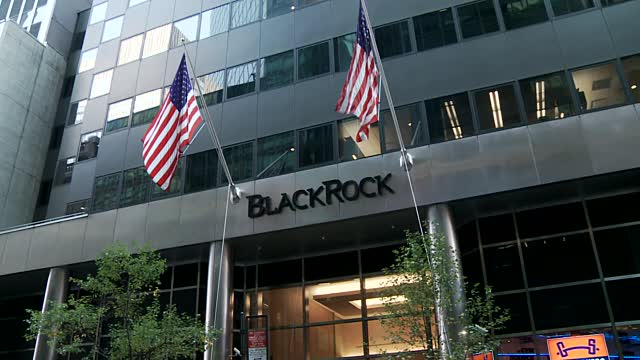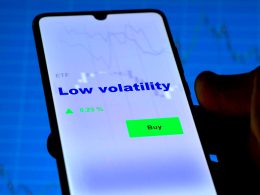by Invesco Private Capital, Invesco Canada
Developments in cryptocurrencies are fueling the next technology revolution
The rise of Bitcoin and other cryptoassets has captivated investors and fueled speculation in ways not seen since the dotcom bubble of 1998-2000.
While it’s clear the Bitcoin craze has all the marks of a speculative bubble, the story doesn’t end there. Cryptotokens are just the start of a real — and potentially transformative — technology set to underpin many areas of financial services in the future.
As such, investors should be focused on a key question: what will the next phase look like when the frenzy has died down?
In our latest issue of Risk and Reward, our technology experts Evan Jaysane-Darr, Jessica Mulvihill, and Marian Waheed take a deep dive into the underlying technology of cryptoassets, showing how it works and why it could truly transform the global economy in the future.
In this post, we’ve highlighted 4 key takeaways about the cryptoasset revolution underway today and what it could mean for the future:
4 key takeaways
1 – It’s looking a lot like 2002
The price of the best known cryptoasset, Bitcoin, has mimicked that of the NASDAQ bubble with remarkable precision – and, if that trend continues, there is more short-term pain to come for Bitcoin holders.
2 – This is about more than Bitcoin – and it will be transformative
Economist Carlota Perez has tracked the history of technology and its economic impact. Whether it’s the Industrial Revolution or the rise of automobiles, each innovation has involved 4 key phases – irruption, frenzy, synergy, and maturity — as the technology is diffused across society. Blockchain has the potential to enable a disintermediated, frictionless marketplace. As a result some venture capitalists regard cryptoassets as the next paradigm — a new, decentralized internet. If the prediction is accurate, Bitcoin’s challenges today could give way to a bigger and more positive story over the long term, as the technology gets deployed across society.
3 – This could replace traditional banks
Ultimately, the price of Bitcoin is less important than the potential found in the underlying technology: blockchain. It’s a digital ledger in which cryptocurrency transactions are recorded publicly. In the future, this could create an alternative to traditional banking that allows individuals or institutions to transfer money without an intermediary.
4 – It goes beyond currency
An open blockchain has potential to support a decentralized currency and it can also enable so-called “smart contracts”, which are virtually immune to tampering and fraud. Setting up contracted and frictionless execution could be used across most sectors of the economy, including financial services, healthcare, real estate and insurance.
To dig deeper and learn more, read the full version of “The latest frenzy: rise of the token”
This post was originally published at Invesco Canada Blog
Copyright © Invesco Canada Blog
















